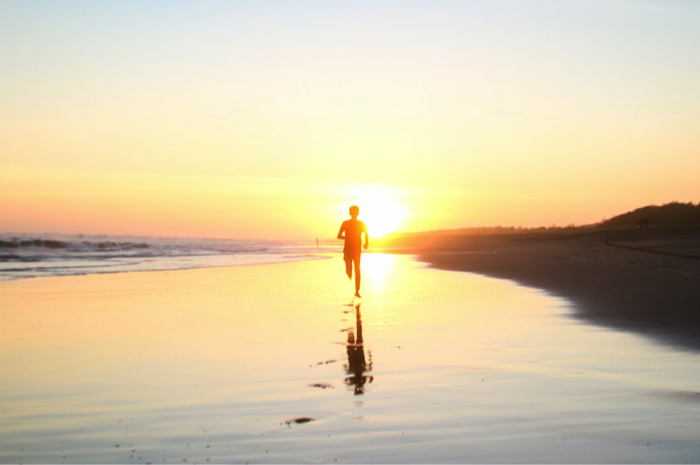9 Crown Row, Bracknell, Berkshire, RG12 0TH




Lettings Valuer
Liam attended school locally in Ascot and began his career in estate agency aged 18 in the Bracknell area. He has gone on to gain experience within the Maidenhead, Reading and Wokingham markets too. Building relationships is what Liam enjoys the most in his role, which gives him the opportunity to meet and help all kinds of people. Away from work, Liam enjoys playing football throughout the week and for a local Bracknell team on a Sunday (some say the next Sunday League Pirlo).
The best piece of advice I’ve ever been given is…
The way to get started is to quit talking and start doing.
Top of my bucket list is…
To travel around America and Australia.
On Sunday mornings, you can usually find me…
On a football pitch in all weathers – potentially a little jaded from the night before.
My guilty pleasures are…
Watching Super Sunday and the F1 whilst devouring a takeaway. Highly recommended.
The thing I like best about my job…
Helping and advising landlords on how to make the process of letting their property as stress-free as possible, and assuring tenants throughout the process so that it becomes an enjoyable and exciting experience.
The person I’d most like to go for a drink with is…
Sir Alex Ferguson.
22 May 2018
Over the last decade the prominence of the blanket of solar panels perched rather awkwardly on the roofs of our neighbours has become a common sight.
As part of the ongoing green agenda, ‘sustainable’ forms of energy production such as wind and solar generation have been given serious support by Government and have been pushed hard through various financial schemes offering guaranteed revenue as an incentive to install and use them.
The first thing to recognise is that solar panels are available for two different purposes. One converts light energy into thermal energy and is known as solar thermal. This is generally used to help reduce your heating bills as it provides hot water, thus reducing the need to run the boiler. The other type (and the most common) is photovoltaic solar panels. These panels convert light energy into electricity which can then be used by your household and even resold back into the grid, through your meter.
Until 2016, the government offered significant revenue through a 20 year agreement which paid a feed-in tariff of over 20 pence per KW. As of 2016 the rate has now been cut back to 12.04 pence per KW. This is paid for all the electricity you use, whether it is used or not.
The average 4KW PV solar panel system should save the average family about £70 per annum in fuel bills. On top of this, you might receive another £150 per year under the feed-in tariff. This tariff is a 20 year agreement. In addition, you should receive 50% of energy generated by way of an export tariff charged at just over 5 pence per KW, unless you have an export meter, in which case it is paid based on this reading.
Generally, the further South you are, the more you’ll benefit from the solar panels although it’s light, rather than just sunshine which is needed. The average system will probably cost between £5,000 – £8,000 to install and most come with a 20 year warranty. Claimed to be fairly robust, there is a chance you’ll need to replace the inverter during the first 20 years and this might cost you £800 or so.
So.. Are solar panels worth it?
The payback or ‘break even’ period for the average system is about 20 – 23 years. Actual savings are fairly limited after you deduct the various tariff incentives and the panels are only going to become less efficient and more dated over time. Even if they aren’t damaged or become useless before the end of the break even period, there is also the fact that these panels are not, by any stretch of the imagination, attractive! Couple this with the fact that they produce a very small amount of electricity and a pretty poor return on capital employed and the honest answer is probably no.
Of course, if you want to artificially salve your conscience by doing your bit for the environment, perhaps the solar panel revolution is for you. Just remember, adding one to your home may well devalue it in the eye of your next prospective buyer by much more than a few thousand pounds (it might not, of course) and therefore, you may do just as well to keep on yelling at the kids to turn off lights and turn down the central heating thermostat by a degree or two. Jumpers work well – and if you buy wool they’re organic too!
Get in touch